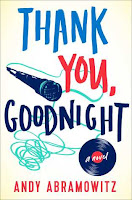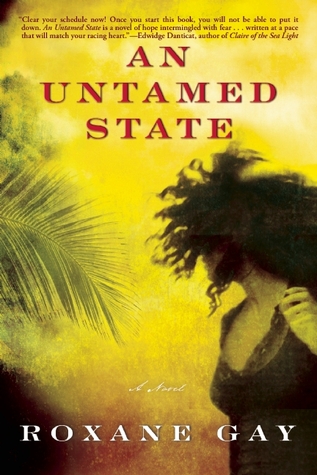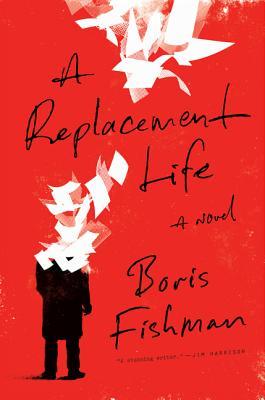Absolutely fascinating reading.
First published in 1956 and still shocking, this book has it all: incest, murder, thinly veiled homosexuality, overbearing mothers, illegal abortions, people getting their arms ripped off in a funhouse. (Yeah, you heard me.)
The writing is actually much better than I expected and dang if she doesn't get small towns and the gossip so right. I love how the narrative just goes from door to door, from character to character.
The book is also pretty fascinating as a piece of racial history. There's a lot of the casual use of the n-word, and there's a very strange scene where the doctor, a curmudgeon but still sort of a hero, tells a pretty foul racist joke, and it made me wonder--what would it be like if that section was excised altogether? What is more important, the integrity of the original narrative, or making a novel palatable to modern sensibilities?
I think this would be a fabulous book for book clubs to discuss--particularly as it's coming up on its 60th anniversary.











